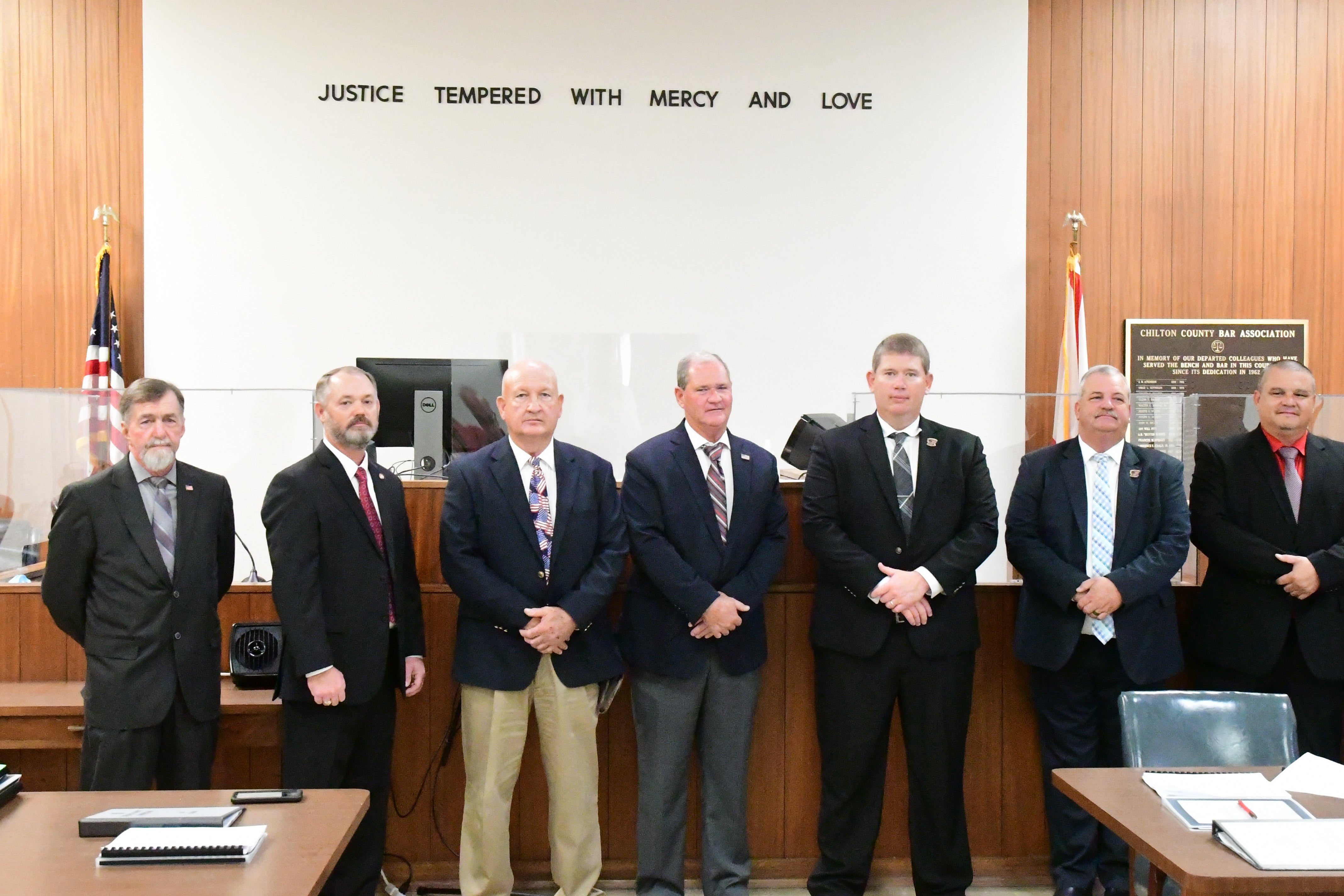Board to hold Internet Safety Policy meeting
Published 1:21 pm Tuesday, September 21, 2010
The Internet can be used to teach students many things—but some of those are things parents aren’t sending their kids to school for.
With the increasing prevalence of the Internet in schools, a constant problem for education officials is allowing its use without exposing students to dangers.
“You just never know who from where is going to be looking at our website and looking at our students; we just don’t want that information out there,” Chilton County Board of Education Technology Coordinator Mary Huff said about the possibility of predators finding out too much information about minors through the Internet. “That’s the world we live in right now.”
Huff will lead a public meeting about the board’s Internet Safety Policy at 4 p.m. Thursday in the computer lab at the board office.
“I would like to ask this committee about what they would like opened up and not opened up,” Huff said. “If we have a lot of interest, we need to open up Facebook and Twitter and those kinds of (social networking) sites. They’re using them at home.
“One thing we have to do is we’re going to block all pornography, so would that include some of the things you run into on Facebook?
“We want to educate the children and give them a well-rounded education, and any type of suggestions would be appreciated. The kids are the community, so we as educators would like to provide the best education for our students.”
Huff said meetings about the board’s Internet Safety Policy are held about every three years.
The school system’s “acceptable use policy” can be found on the board’s website, at www.chilton.k12.al.us. Click on “Student Guide” on the left side of the homepage, and then choose whether you want to view the Student Parent Guide in English or Spanish. The section on Internet policy begins on page 26.
Any policy suggestions that come from Thursday’s meeting would be relayed by Huff to the board. If the board voted to take action, the change would be posted for 30 days and then voted on a second time.
The main thing is students putting information online that they shouldn’t—and to let parents know what the system has to offer and keeping everybody informed,” Huff said. “Communication can really help with keeping problems from arising.”



